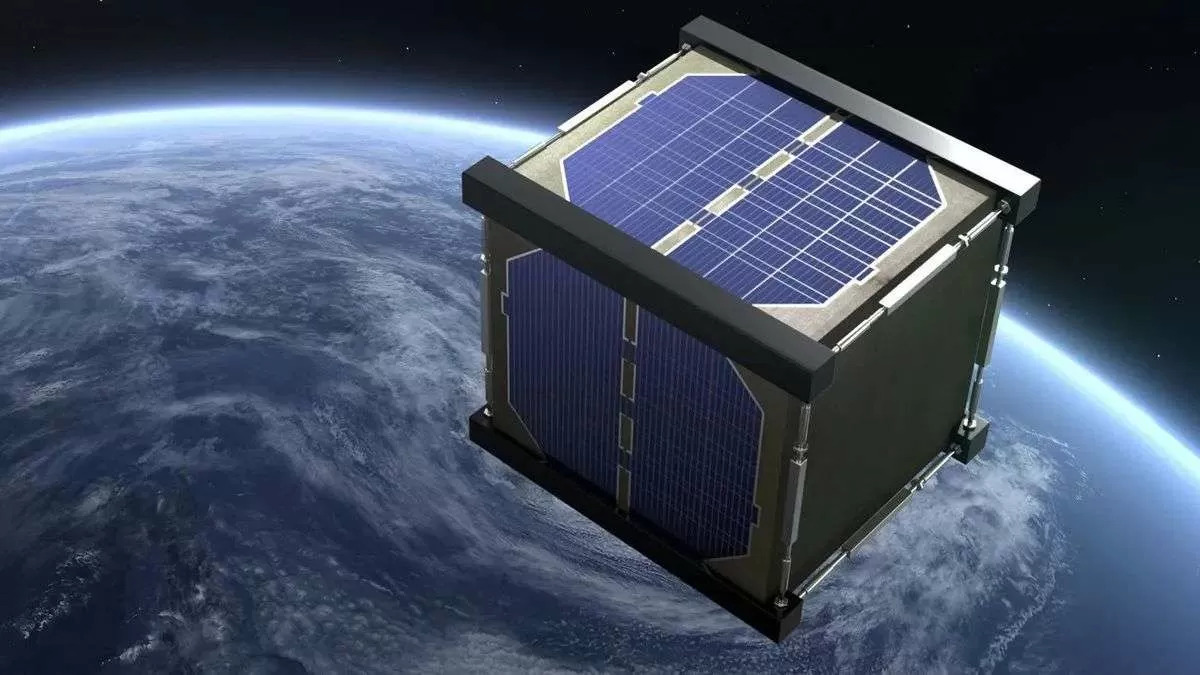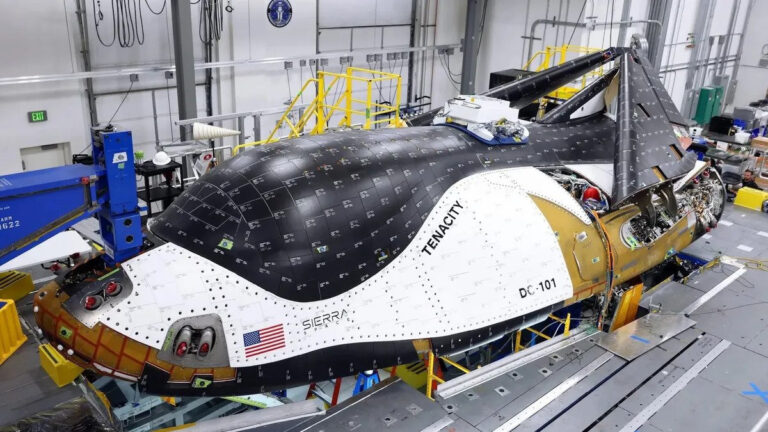NASA and the Japan Aerospace Exploration Agency (JAXA) are teaming up to send the first-ever wooden satellite, called LignoSat, into space. Their goal is to make space travel more eco-friendly. This unique satellite about the size of a coffee mug is crafted from magnolia wood. It is scheduled to head into Earth’s orbit by the summer of 2024, marking a significant step toward greener space exploration, reported Live Science.
Wood doesn’t catch fire or decay in the empty space vacuum. However, when it enters Earth’s atmosphere once again, it turns into fine ash. This unexpected quality makes wood a useful and eco-friendly material for future satellites. Scientists tested wood samples on the International Space Station (ISS) this year and found that the trial satellite is ready for launching.
In May, scientists reported that three wood samples went through testing in space and didn’t change shape. Even with the tough conditions of outer space, including huge temperature swings and exposure to cosmic rays and solar particles for ten months, the tests proved that the wood didn’t break down or change in any way. No cracking, warping, peeling, or surface damage was found, according to Live Science.
Magnolia wood selected for satellite by scientists from a batch of three
To pick the right wood, scientists sent three types—magnolia, cherry, and birch—to the ISS. These were placed in a module exposed to space. After careful consideration, the researchers chose magnolia because it is less prone to splitting or breaking during the manufacturing process.
Right now, over 9,300 tons of space debris, such as broken satellites and parts of used rockets, circle Earth. The problem is these objects are made of shiny metals like lightweight titanium and aluminum. The extra brightness from space debris makes the night sky more than ten percent brighter in many places, resulting in light pollution. This makes it difficult to spot faraway space events, according to Live Science.
Metal space capsules are not only pricey, but they also bring risks to the ISS, other crewed spacecraft, and potentially to people on Earth if they’re big enough to make it through reentry. The idea behind wooden satellites, such as LignoSat, is that they should, in theory, be less dangerous, as suggested by researchers.
Plywood-based nanosatellite named ‘WISA Woodsat’
The WISA Woodsat is a tiny satellite, measuring four by four by four inches and weighing about 2.2 lbs. It has a unique coated plywood called WISA for its surface panels. Arctic Astronautics, a Finnish company that produces the CubeSat Kit for students, is behind this mission. The goal is to launch the wooden satellite and see how well its plywood panels hold up in the harsh conditions of space. This test will help determine if it is a good option for future space missions, according to Space.com.
Source: Greek Reporter



